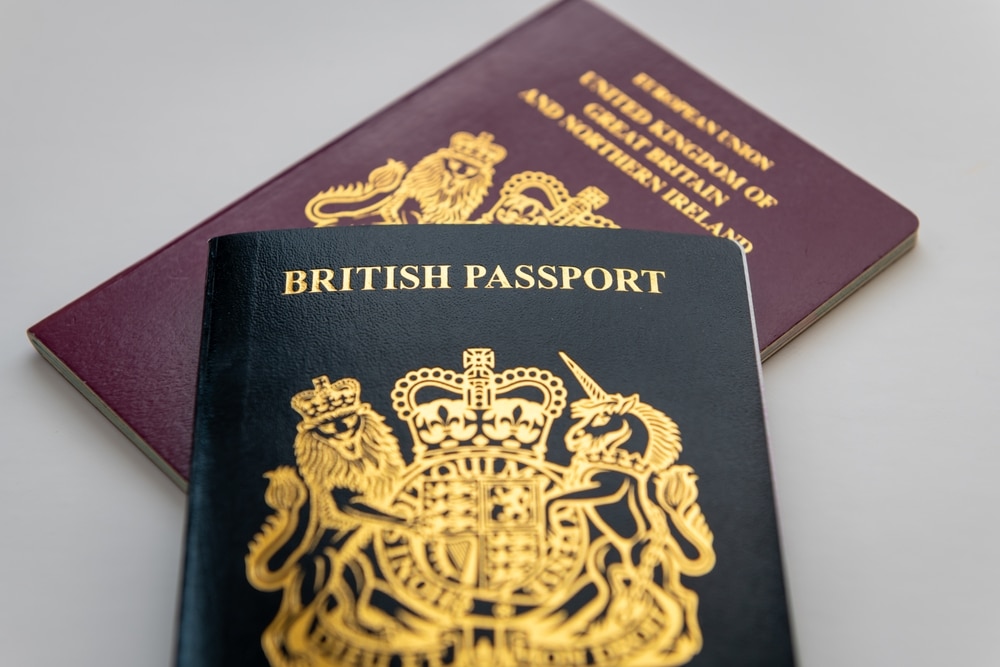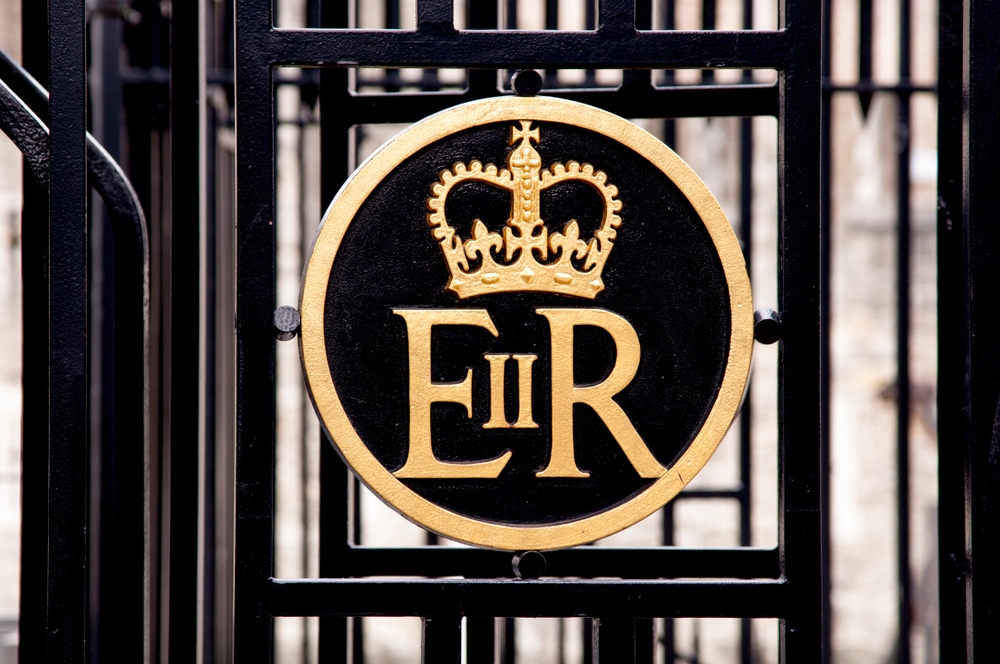Bank notes, coins, stamps and more: How are they changing?
Bank notes, coins, stamps and more: How will these change?
With His Majesty King Charles III set to be crowned in May, we started thinking of the changes that are still to come. Many questions have been raised regarding coins, stamps and more. How will these items change in light of a new monarch?
Money

One such question we have seen time and time again is in regard to our money – our bank notes and coins. How will a new King impact our legal tender?
Currently bank notes and coins still feature the late Queen Elizabeth II can continue to be spent until new notes and coins start to be printed. The Bank of England has said the current money with her majesty’s profile on it is still legal tender.
Queen Elizabeth II was the first monarch to appear on British bank notes, marking a monumental change for the Bank of England. King Charles will indeed appear on our coins and notes in the future; however, they may not appear in general circulation for a while. This is due to the long process of designing and creating this new money.
The current currency will be gradually phased out when new currencies are printed and distributed. In January, images of new coins baring King Charles’ effigy were released.
Stamps

Another question which has arose after the Queen’s passing was about stamps. When will postage stamps change?
Stamps are another iconic piece with the Queen’s image on them. The Royal Mail will see widespread change after King Charles’ accession. Of course, stamps will change. The Royal Mail recently revealed the new stamps with the new King on them. Post boxes with Queen Elizabeth II’s markings on them have also been speculated about.
For now, all stamps featuring the late Queen will remain valid for use. Not sure what to do with your old stamps? Click here.
Passports

Her Majesty’s Passport Office, soon to be known as His Majesty’s Passport Office, will be in charge of all passport changes.
Currently, on the first pages of British passports the following words appear: “Her Britannic Majesty’s Secretary of State requests and requires in the name of Her Majesty all those whom it may concern allow the bearer to pass freely without let or hindrance and to afford the bearer such assistance and protection as may be necessary.”
This, of course, will be changed to reflect King Charles as the new head of state. The passport office operates under the home office.
The Royal Cypher

The Royal Cypher crops up regularly in many parts of everyday life. It is currently on post boxes and on government signage across the nation. The Royal Cypher is also seen on police and military uniforms. It also appears, of course, on royal and state documents. The current cypher will be altered to reflect the new King.
You will likely have seen the Royal Cypher before, without even realising what it is. Currently, Queen Elizabeth’s cypher – ER II – is included as the Royal cypher. The crown shown on the cypher will likely change, also. This is due to Queens using the St Edward’s crown as the centrepiece and Kings traditionally using a more rounded Tudor crown.
The legal system

All members of the Queen’s Counsel automatically had their titles changed after the passing of Her Majesty Queen Elizabeth. They are now known as members of the King’s Counsel. Additionally, the Queen’s Bench Division of the High Court has changed to the King’s Bench Division.
Similarly, within courts across the United Kingdom, Barristers have been informed case names will be changed from ‘Regina’ – Latin for Queen – to ‘Rex’, the Latin word for King. However, there will be no urgency to do this immediately.
On Friday 9th September 2022, the day after the passing of Her Majesty, the Old Bailey court in London heart the first case in the name of the King since 1952. This is the first time in 70 years the court has heard the words “God save the King” during the opening of a case.
The post Bank notes, coins, stamps and more: How are they changing? appeared first on MoneyMagpie.
Labels: News
















